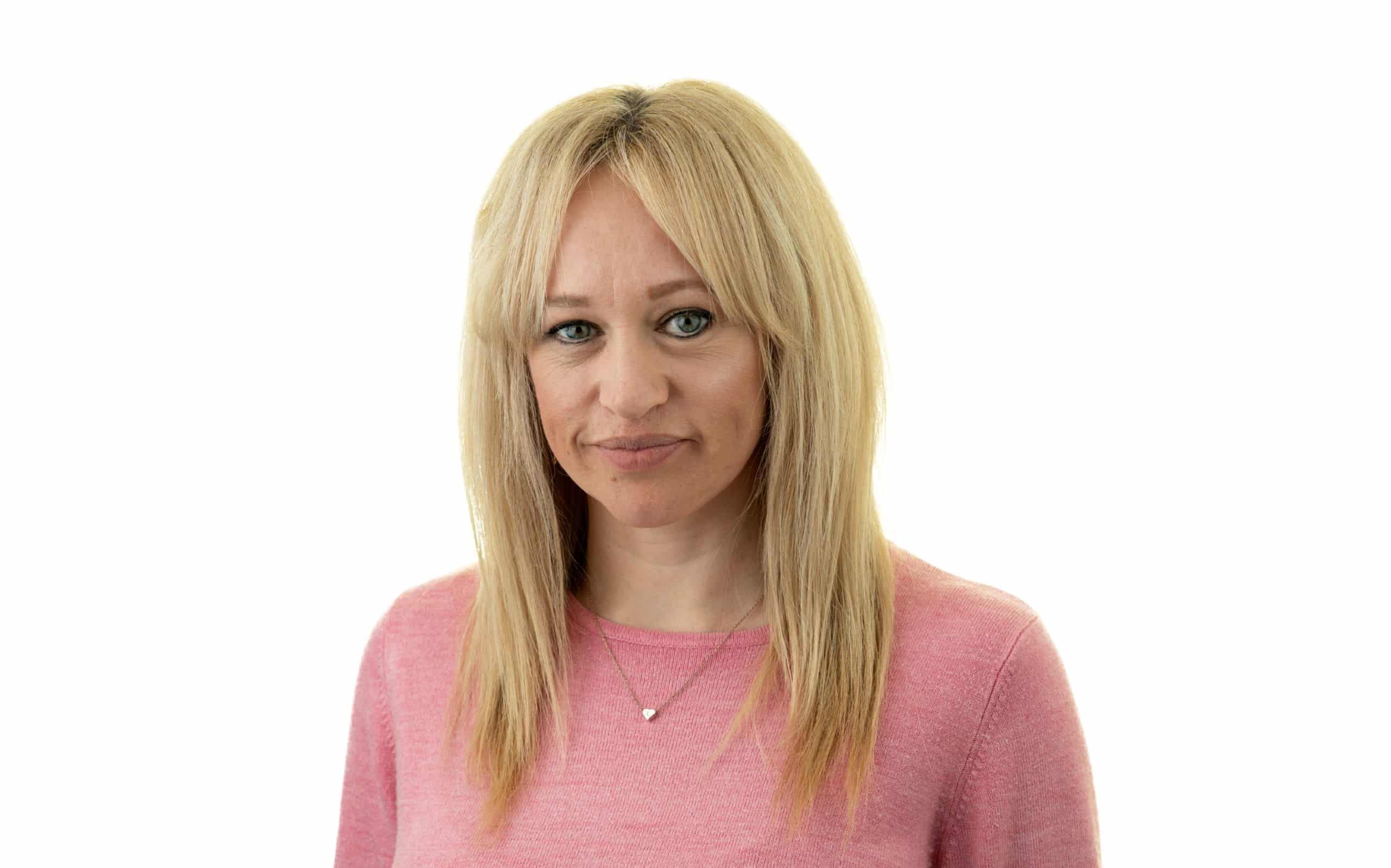What is Cerebral Palsy?
Cerebral palsy is the most common motor disability in childhood and is often caused by brain damage which can be triggered before, during and shortly after pregnancy and childbirth. If you or your child has cerebral palsy that was caused by the negligence of medical professionals, our specialist solicitors can assist and guide you towards a possible compensation claim. The NHS say symptoms of cerebral palsy include:
- Delayed development such as not sitting by 8 months or not walking by 18 months
- Appear to be too stiff or too floppy (hypotonia)
- They have weak arms or legs
- They show fidgety, jerky or clumsy movements
- They have random, uncontrolled movements
- Experience muscle spasms
- Their hands are shaking (tremors)
- They walk on tiptoes
What is Autism?
Autism or autism spectrum disorder (ASD) is a developmental disability which is caused by differences in the brain. Some people who have ASD have a known different (a genetic condition) however, some causes remain unknown. According to the NHS people with autism may:
- Have difficulty communicating and interacting with other people
- Have difficulty understanding how other people think or feel
- Find things like bright lights or loud noises overwhelming, stressful or uncomfortable
- Become anxious or upset in unfamiliar situations and social events
- Take longer to comprehend information
- Do or think the same things over and over
It is important to understand that children who have autism do not always display the same symptoms and the level of which they display each symptom can also vary. This can depend on the severity of the disorder.
How is autism and cerebral palsy connected?
The Cerebral Palsy Guide acknowledges that sometimes autism and cerebral palsy can coexist in children. Although both conditions affect the brain, autism usually affects social interaction, language and behaviour and cerebral palsy affects motor functions (movement).
A study carried out to understand the relationship between autism and cerebral palsy found that around 7% of children who have cerebral palsy also have autism. There it is possible that a child can have both disorders and can affect their development. This could mean that the child may require treatment and therapy plans to suit their individual needs.
The study was carried out in America and includes children from four different states. It was found that autism is more common in children who had non-spastic cerebral palsy than those with spastic cerebral palsy. It was also found that autism was more common in children who had cerebral palsy than those that didn’t.
A different study carried out at the University of Alberta indicated that ‘specific genetic variants’ which were discovered in some children can impact the development of both disorders. This would appear to imply there is an association between autism and cerebral palsy. This is because these specific genetic variants can have a role in irregular motor and social-communication development.
What the treatments for autism?
There is no ‘cure’ for autism nor is there universal treatment suited to everyone with the disorder. Mayo Clinic say that the ultimate aim of treating autism is to ensure your child’s ability to function is maximised through the reduction of ASD symptoms, alongside supporting their learning and development.
If you require advice for interventions and support you should seek information from a medical professional or body such as the NHS. They will enable you to make the best-informed decisions.
Is there a treatment for cerebral palsy?
The NHS say there is currently no known cure for cerebral palsy, although there are treatments available to help people with the condition become as active and independent as possible. People with the condition can work with medical professionals and help them create a care plan to meet their needs, which can be reassessed when these needs change.
Some of the treatments suggested by the NHS include:
- Physiotherapy
- Speech and language therapy
- Occupational therapy
- Medicine
- Surgery
What to if you believe your child has autism
If you believe your child is showing signs of autism, the NHS advises that you should:
- Visit your GP
- Visit your health advisor (recommended for children under 5)
- Speak to a special education needs co-ordinator at your child’s school
They say that talking to someone to get advice is the first step to getting diagnosed. The NHS also offer tips for when you speak to someone such as:
- Noting down a list of the signs of autism you believe your child may have
- Ask friends and family if they have noticed any signs which could be added to your list
- Take notes during the conversation with your health professional
The second step towards a diagnosis is an autism assessment which is carried out by a team of autism specialist who check to see if your child is autistic.
Following an assessment, you will be able to better understand your child’s needs and whether they do have autism. If they are diagnosed with autism, then you will be in a position to get advice about support for your child at school as well as support for parents of autistic people.
Cerebral palsy negligence claims
If you or your child has suffered medical negligence relating to cerebral palsy, our medical negligence experts are here to help and have helped people in a similar situation. In the past we have helped many patients claim compensation as a result of cerebral palsy.

